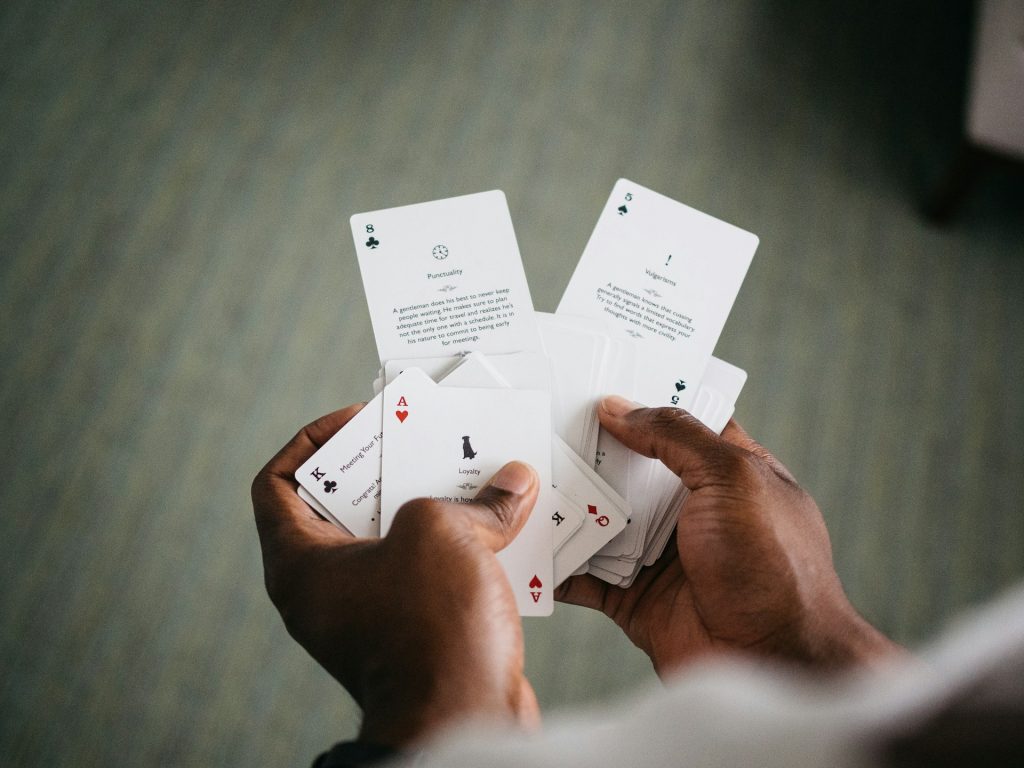In the realm of blackjack, understanding the value of each card is paramount. Among these, the Ace stands out as a versatile card, capable of significantly impacting gameplay. In this article, we delve into the nuances of the Ace’s value in blackjack, shedding light on its importance and how it influences strategy.
The Basics of Blackjack:
In blackjack, players strive to reach a hand total closest to 21 without going over. The game’s core lies in understanding card values: numbered cards retain their face value, while face cards hold a value of 10. The Ace, however, carries dual significance, representing either 1 or 11 points. This flexibility distinguishes it from other cards and influences gameplay significantly. As players navigate the complexities of blackjack, mastering the nuances of the Ace’s value becomes pivotal. It’s not just about the individual hand but also about anticipating dealer moves and adjusting strategies accordingly. This fundamental grasp of the game’s mechanics sets the stage for players to make informed decisions and enhances their overall gaming experience.
The Dual Nature of the Ace
Unlike other cards in the deck, the Ace can be valued at either 1 or 11, depending on what benefits the player’s hand the most. This duality grants players significant flexibility in crafting their strategies during gameplay. For instance, an Ace alongside a 10 or a face card instantly forms a blackjack, the highest-ranking hand.
Ace as a Soft Hand
One of the most advantageous aspects of the Ace is its role in creating soft hands. A soft hand refers to a hand containing an Ace valued at 11, allowing for greater maneuverability without the risk of busting. For example, an Ace-7 combination can be valued at either 8 or 18, providing players with more options to improve their hand without fear of exceeding 21.
Ace as a Hard Hand
Conversely, the Ace can also serve as part of a hard hand, where its value is fixed at 1 to avoid busting. While less flexible than a soft hand, a hard hand featuring an Ace still offers strategic opportunities for players to navigate challenging situations. Proper decision-making is crucial when determining whether to hit, stand, or employ other tactics.
Impact on Strategy
Understanding the value of the Ace extends to impacting overall strategy in blackjack. Its presence significantly influences players’ decisions. They must carefully evaluate their hand’s composition, the dealer’s upcard, and the current state of the game to make informed choices. Knowing when to consider the Ace as 1 or 11 is crucial for maximizing winning opportunities and minimizing losses. This decision can mean the difference between hitting for another card, standing pat, or even doubling down. By mastering the intricacies of the Ace’s value, players can enhance their strategic prowess and improve their overall performance at the blackjack table.
Dealer’s Upcard
Understanding the value of the Ace extends beyond one’s own hand to considering its implications for the dealer’s hand. The dealer’s upcard plays a pivotal role in determining optimal player strategies when holding an Ace. Factoring in probabilities and potential dealer outcomes is essential for making calculated decisions.
In the intricate tapestry of blackjack, the Ace emerges as a cornerstone, offering players both flexibility and strategic depth. Its ability to adapt to various situations makes it a valuable asset in the pursuit of victory. By grasping the nuances of the Ace’s value and integrating it into their gameplay, players can elevate their blackjack experience and increase their chances of success.

